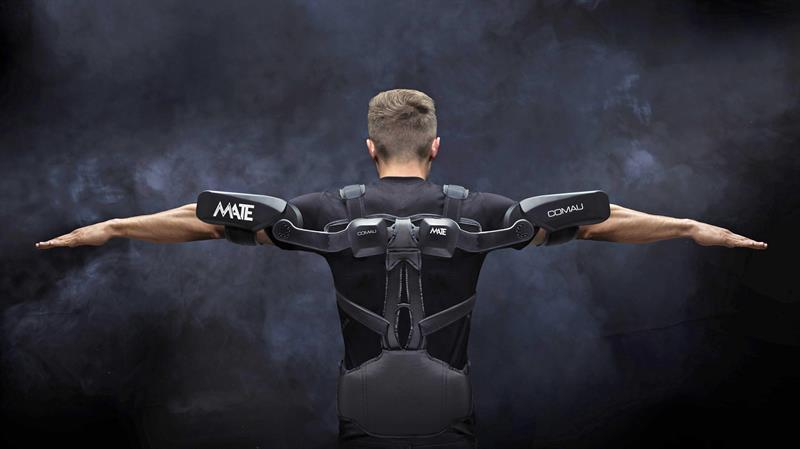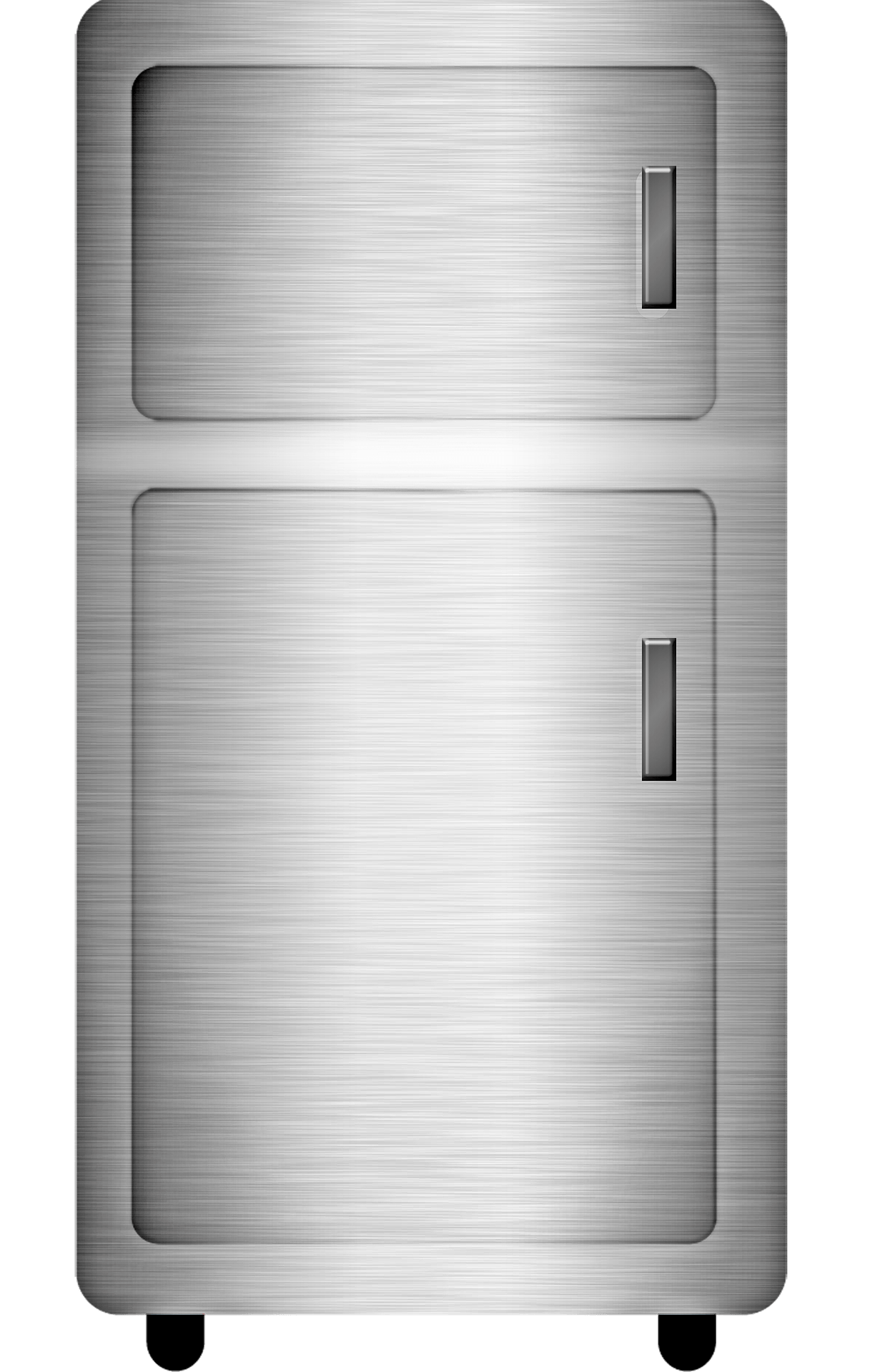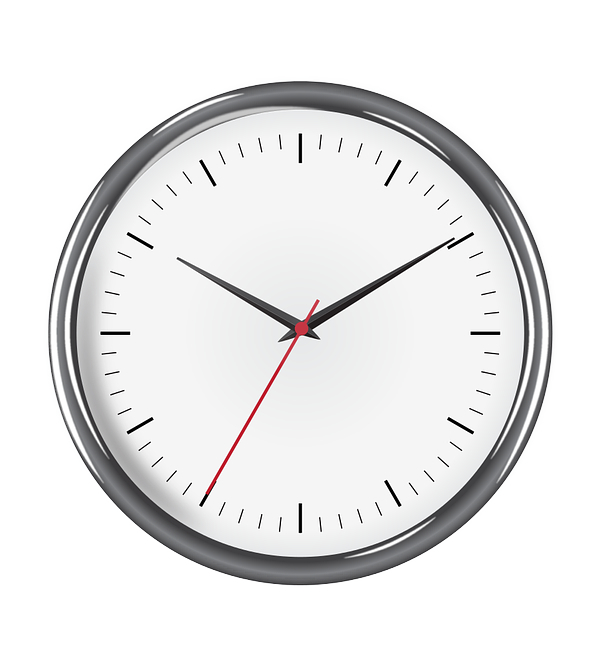Why Forgetting Vocabulary is the key to Remembering Vocabulary.
What if I made the ridiculous claim that I could triple or even quadruple your body strength. And I could do it in 5 minutes.
It sounds too good to be true, but . . . It is true.
I’d strap an exoskeleton on you. An exoskeleton is a thin metal skeleton that wraps around your body. It transfers weight from your arms directly to the floor and this drastically increases your arm's and shoulder's muscle endurance.

Company: Comau Product: MATE Exoskeleton
There is an exoskeleton that strengthens your memory, too. It’s called a Spaced Repetition System. And a Spaced Repetition System puts words deep into your long-term memory so you can recall them effortlessly months or years later.
Obviously, this is very important for language learners because every vowel, consonant, word and phrase must be memorized.
So, let’s enter this world of Spaced Repetition Systems. Let’s find out what it is and how can we apply it to our learning, today.
. . . . . . . . .
I can make a fairly delicious suki yaki (beef, tofu, mushroom dish). But, I can make an incredibly delicious suki yaki by adding one ingredient - nothing.
And what do I mean by ‘nothing’? Exactly that - No-thing. I put the suki yaki in the fridge . . . then wait. Not 5-minutes, not 1 hour, but for 24 hours. Then, viola! It tastes amazing. This is the power of doing nothing.

Your memory becomes better by doing nothing; we put that word or phrase we’re trying to remember in the fridge, so to speak, and wait. And this break, or to be more specific, the length of this break before our next study session is where memory magic happens.
We’re looking for that point where we teeter between 'sort of forgetting' the word, and 'sort of remembering' the word. That teetering point is important because it takes effort to recall the word. And that effort is essential for remembering a word. Because effort is like a nail gun that punches the word deeper into our brain. And after enough effort the word punches into the holy space of long-term memory.
Which is why if you replace effort with just overstuding you can trick yourself into thinking you’ve learned the word. For example, let’s say we study a word 2 times a day for 5 days. By the end of the 5th day you will hold your hands to the heavens and scream “I know this word!”.
However, 6 months later, if I ask you to recall that same word, the screaming and hand raising will stop because you’ll most likely have forgotten it.
It’s the principle of “Easy Come, Easy Go”. It was easy to study the word so it was easy to forget it.
If you want to remember that word 6 months or a year later, then you need to wait between study sessions. You need to wait long enough to make it effortful to recall the word. And with every effortful recall, the word punches deeper and deeper into your brain.
Sounds like a lot of planning, doesn’t it. We have to plan ever-changing specific time intervals to find that effortful recall. And, it has to be done with not just one word but potentially thousands of words! In theory this sounds great, but in reality, can we do this?
Yes, or rather, technology will. A 100 years of memory research have been packed into small software programs. These spaced repetition programs are essentially a digital flashcard system with a built-in timer. And each time you look at the card, it resets the timer for a little longer.
For example, let’s say you have a picture of a carrot and the word ‘carrot’ on the back of the card. You study it one time. Then, two days later that same card appears. If you recall it correctly, the software holds on the card a little longer, maybe 5 days. If you get that right, then maybe 10 days later.
So, the program does all the heavy lifting - it constantly adjusts the break with our successful (or unsuccessful) recall of each card.

The program does all our scheduling but we still have to put our information into the program. But, the programmers have made this efficient, too. With some of the Spaced Repetition System platforms you can import an Excel, Word or Google Docs file and the software will convert it into a the flashcards for you. On some platforms you can purchase flash card sets for your area of study that are reasonably price. Although, I wouldn’t recommend that option. (For reasons to be discussed later)
You can find the software by going to the Spaced Repetition page of Wikipedia. If you scroll to the bottom of the page and you’ll see a list of available software. Some are free, some charge a minimal price to use. Personally, I’ve used Mnemosyne and Quizlet. Both are great. And I know people who swear by Anki.
So, let’s bring this all together. We learned that we have to literally do nothing in order to remember better. And by just waiting, or rather timing our waiting, we can punch vocabulary deeper into our long-term memory. And, fortunately, there is cheap, excellent technology to do all the heavy scheduling for us. And we can delegate all that scheduling to a Spaced Repetition System so we can just focus on recall.
It’s ironic - having a bad memory is great for memorizing.
So, go ahead, strap on your Spaced Repetition System exoskeleton and do ‘nothing’ . . . but improve.

